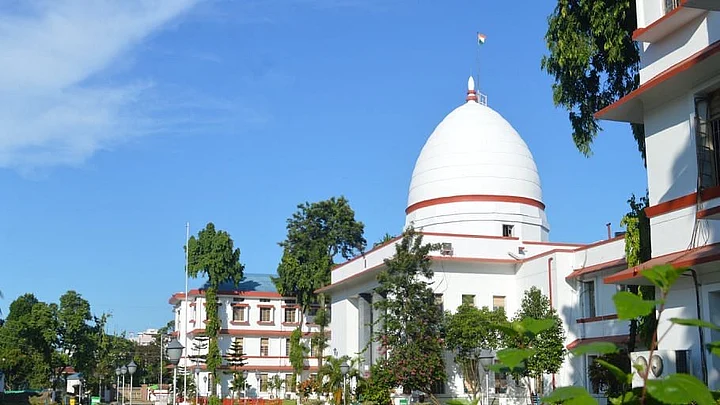A Foreigners' Tribunal bench of the Gauhati High Court said that once the tribunal declares a person to be an Indian, the same person cannot be declared a foreigner if they are brought before the court a second time.
This gains prominence amid notices being sent to several people in Assam who had been declared Indians before, and were asked to prove their nationality twice or more.
While arguing the case, the government had said that the power to identify and deport foreigners rests with the central government under Section 3 of the Foreigners Act, 1946, as per NDTV.
The Centre delegates the power to the Superintendents of Police (SPs) while managing deportations of foreigners. As per the Foreigners (Tribunals) Order, 1964, the SPs only seek the Foreigners' Tribunals' opinion and make the final decision.
'Matter Is Res Judicata, Can't Be Brought to Court Again'
"A Foreigners Tribunal only renders an opinion. Therefore, it would be wrong to say that the Central Government or for that matter, Superintendents of Police would be bound by the opinion of the Foreigners Tribunal ... consequently, opinion rendered by a Foreigners Tribunal cannot be construed as a judgment, (under the Amina Khatoon case)," NDTV reported the court as saying.
However, petitioners claimed that Anima Khatoon is not a good law to follow anymore, as per several judgments given by the Supreme Court.
The bench then said that the opinion of the tribunal with regard to a person's citizenship would be considered "res judicata," which means that the matter has been decided upon and cannot be brought again before the court.
Hearing petitions on the matter earlier, a bench comprising Justices N Kotiswar Singh and Justice Nani Tagia had said that the principle of res judicata was based on public policy, and that it would stand subsumed under the policy that governs a sovereign country while dealing with non-Indians under different laws.
(With inputs from NDTV.)
